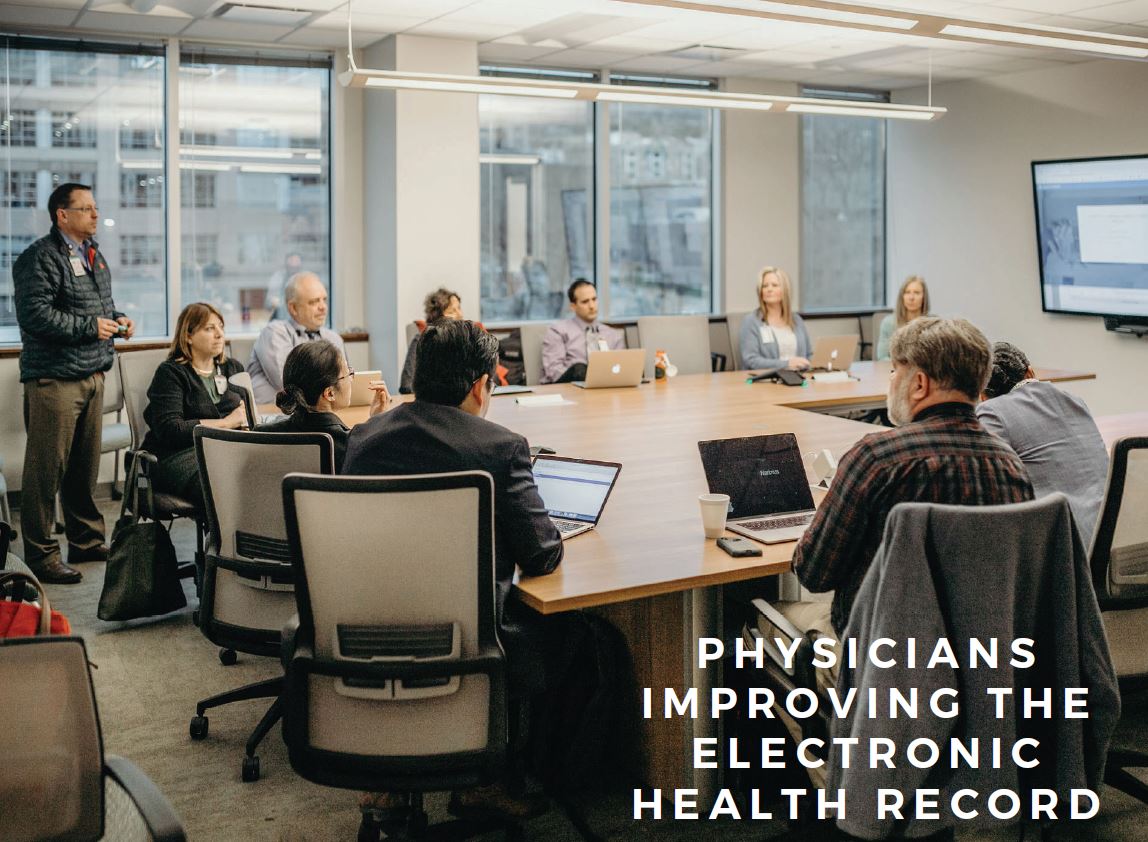Meaningful Use was not embraced when it first launched at U of U Health. “Physicians called it meaning-less use,” said Howard Weeks, Medical Group Analytics medical director. Fast forward and the consensus has changed.
Meaningful Use, now called MIPS, was a federal program designed to force providers onto electronic health systems. Organizations were awarded an incentive when they met the program’s strict demands. If they didn’t, they were assessed a penalty. “We’ve been extremely successful,” Weeks said. Success has paved the way for funding to improve physician experiences with the electronic health record and patient care. Funding is being used to improve note taking, by giving providers access to Dragon—a speech-to-text dictation app, like the one on an iPhone, which has enabled physicians to more easily complete their notes.

Another use of funding has been the creation of a dedicated team of provider informaticists. Team members are paid a portion of their time to develop expertise in clinical informatics to then inform how our own electronic health record can be optimized for provider use. Internal research by the Medical Group has shown that physicians prefer to learn about, and be trained in, Epic from other physicians. The provider informaticists bridge the clinical-technology gap so that changes to the electronic health record are physician-driven and patient-centered.